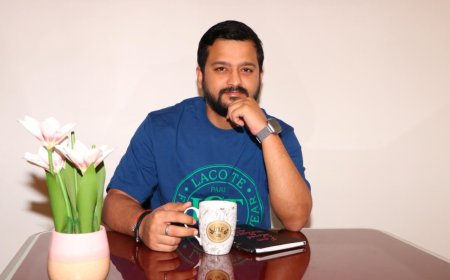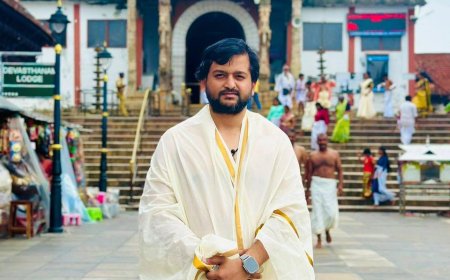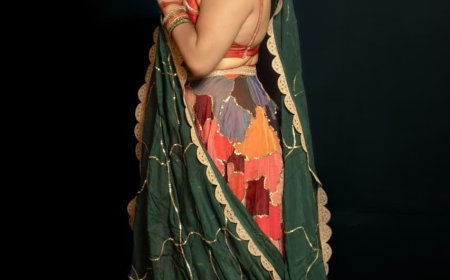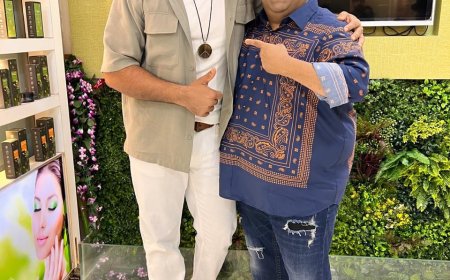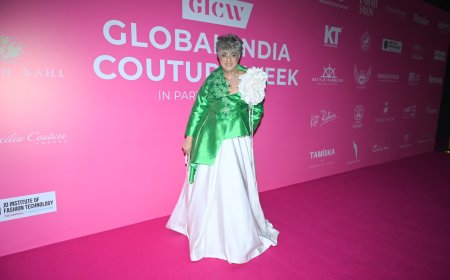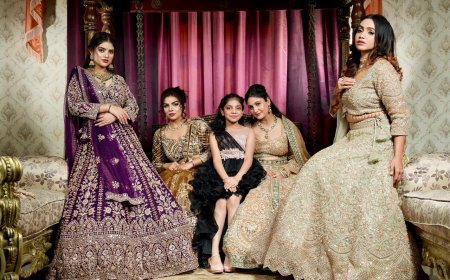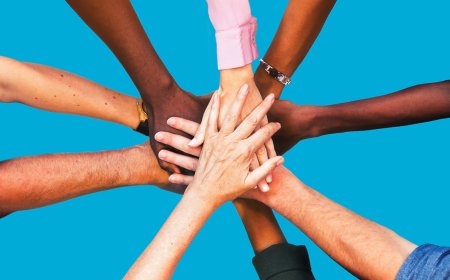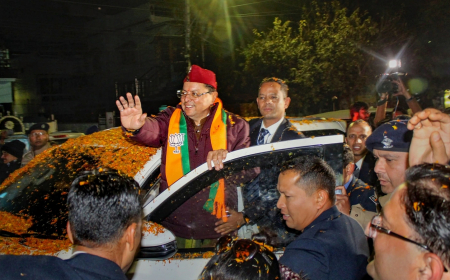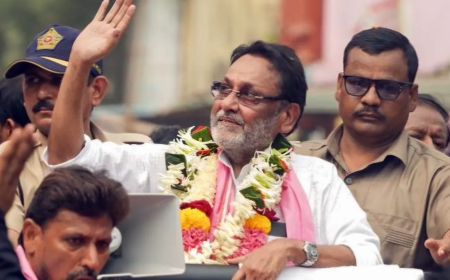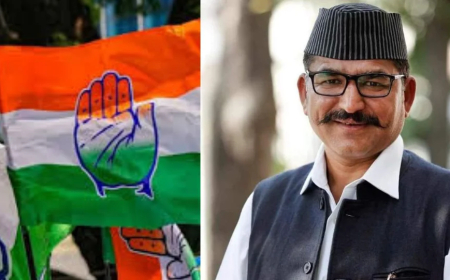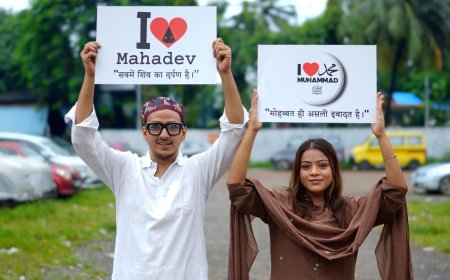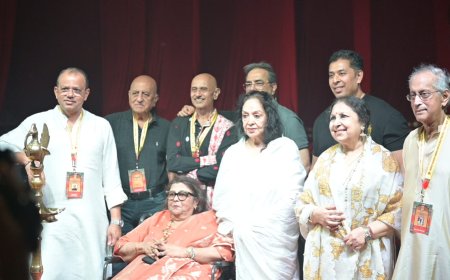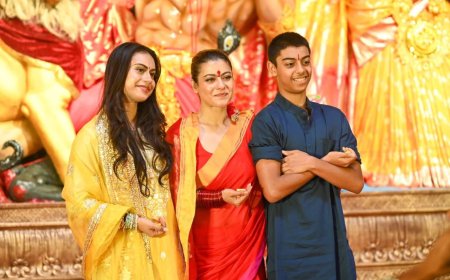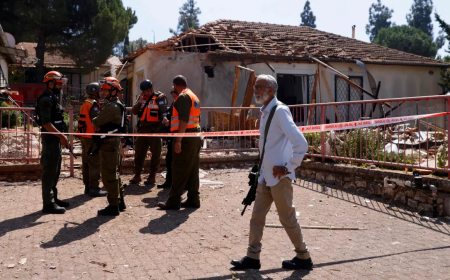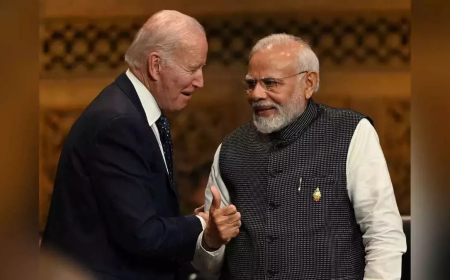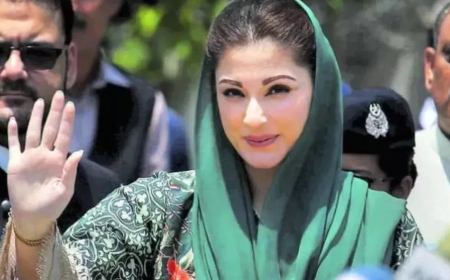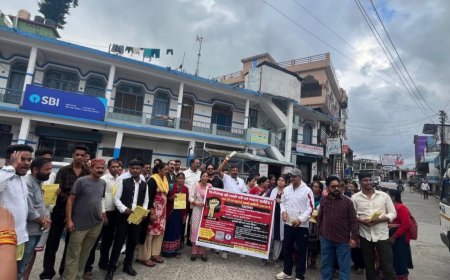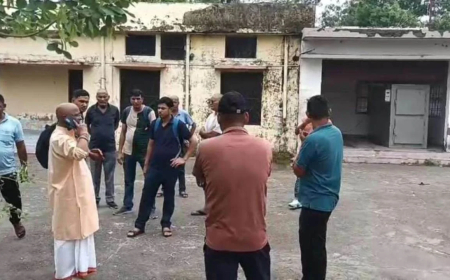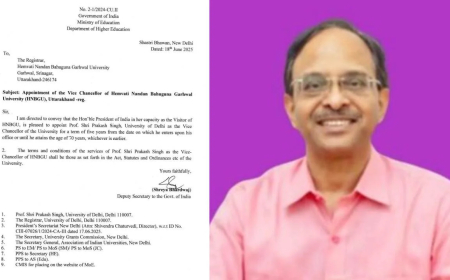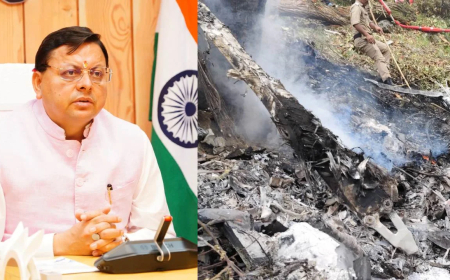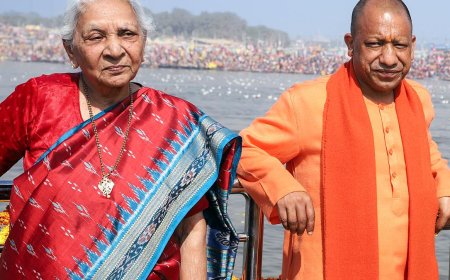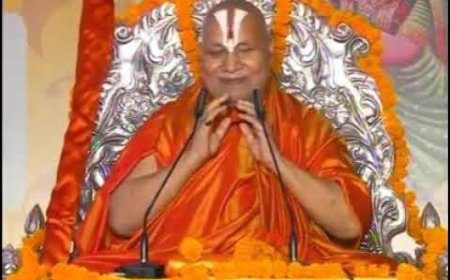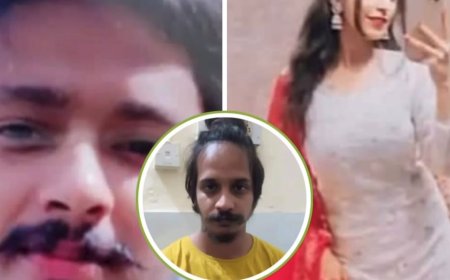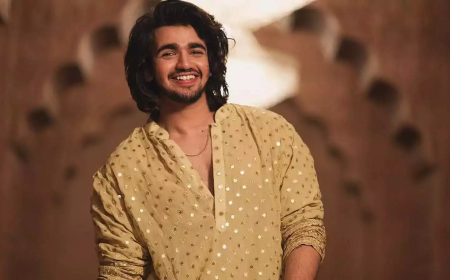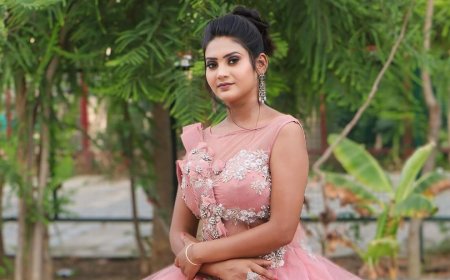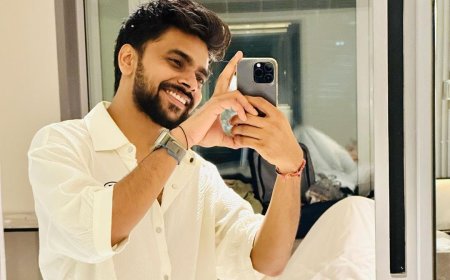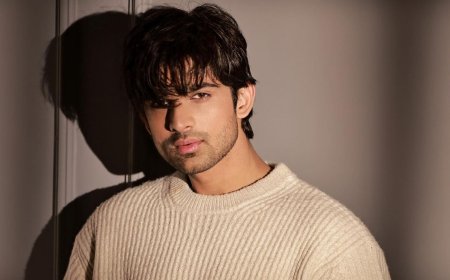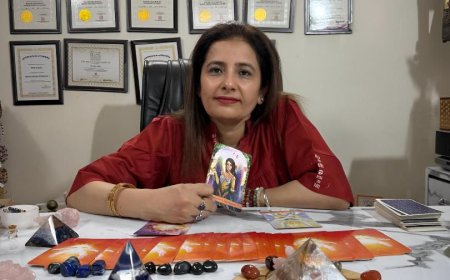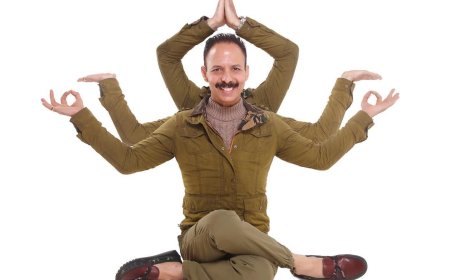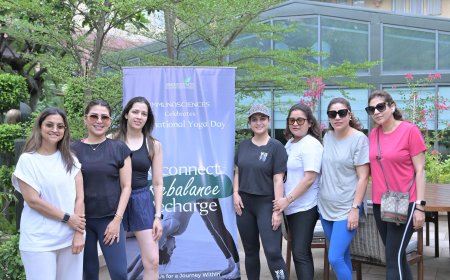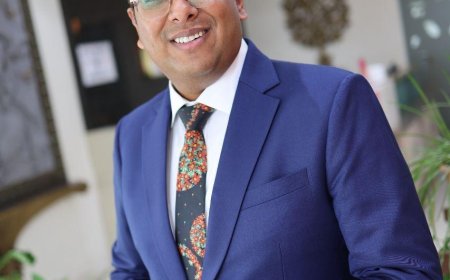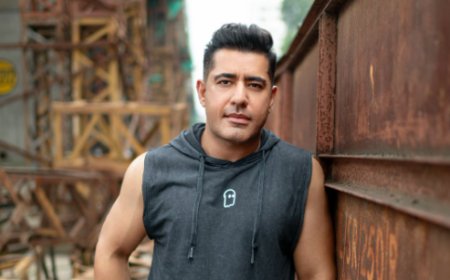Somy Ali Calls for Urgent Action Against Domestic Violence: “Awareness Isn’t Enough, Accountability Is”
Actress-turned-activist Somy Ali urges India to confront domestic violence with courage and transparency, emphasizing that silence only empowers abusers. Through her NGO No More Tears, she continues rescuing and rebuilding countless lives.
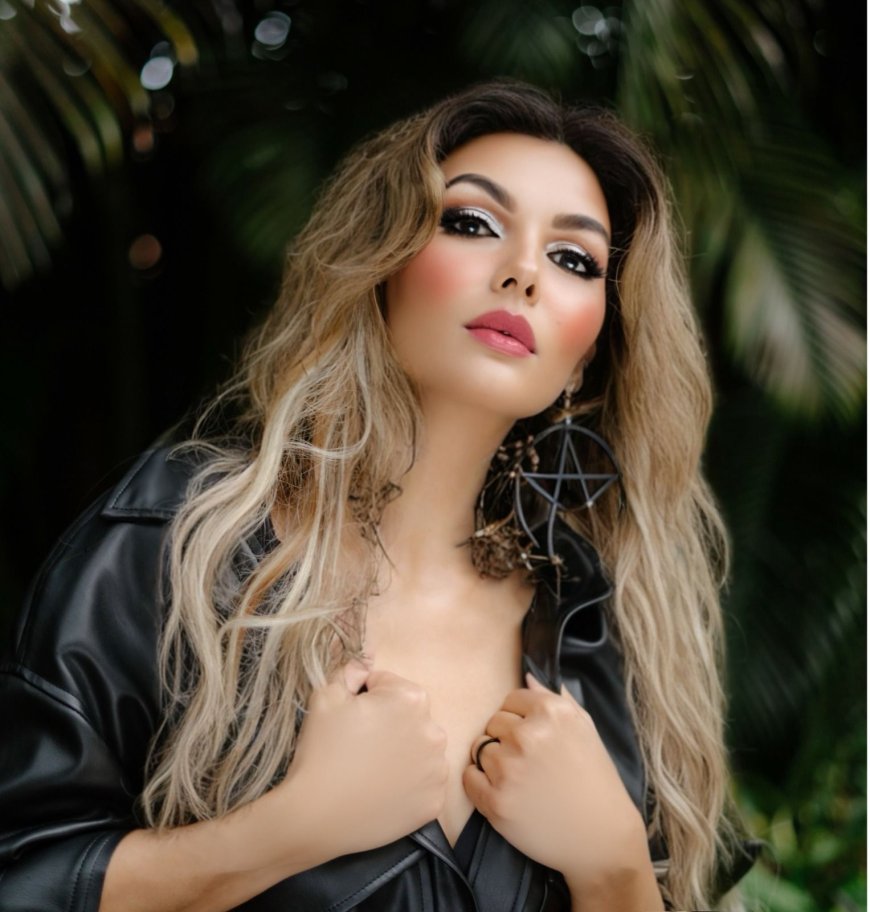
In a world where glamour often overshadows grit, Somy Ali stands as a voice that refuses to be silenced. October, recognized globally as Domestic Violence Awareness Month, carries a deeper meaning for her — it’s not just about awareness, but about confronting an epidemic that hides in plain sight. The actress-turned-activist, who founded the U.S.-based NGO No More Tears in 2007, continues to fight a relentless battle against abuse, trafficking, and the silence that enables both.
“Fish rots from the head,” Somy begins sharply. “This idiom pretty much covers the rule of law in every country worldwide.” Her words cut through the polite indifference often surrounding such issues. “Awareness has surged from hushed secrets to global outcries, fueled by #MeToo and survivor voices. In India, the PWDVA is progress, but Bollywood’s fixers still silence victims. Stigma lingers, and corruption in police and courts must end for India to rise as a superpower driven by truth, not cover-ups.”
Through No More Tears, Somy has given over 50,000 survivors a second chance at life — providing shelter, legal aid, therapy, and medical care. Her NGO’s reach extends far beyond borders, often rescuing women trapped in abusive marriages abroad. The Discovery+ series Fight or Flight brought these harsh realities to light, documenting airport rescues, international interventions, and moments that test the limits of courage.
Each story she recounts feels like a testament to resilience. There’s the Punjabi man who once faced execution for being gay, now living openly and freely. A Jordanian woman once denied education by her husband who went on to earn a PhD in pharmaceutical sciences. And a 19-year-old girl from Delhi, rescued from trafficking — her mother’s tearful voice over the phone still haunts Somy. “She cried and said, Meri bachi zinda hai,” Somy recalls softly. “That moment will never leave me.”
The impact of No More Tears comes not just from compassion, but from its unwavering structure. Registered under the U.S. national NGO registry for human trafficking, the organization works in collaboration with the Miami Police Department, FBI, and partner NGOs across India. Together, they assist survivors with restraining orders, legal filings, and reintegration into safe environments. Even airlines, including Air India, have played crucial roles in ensuring the safe return of trafficked victims to their homes — a reminder that empathy, when paired with action, can move mountains.
But Somy’s fight isn’t only against abusers — it’s against enablers too. She points to the “fixers” within entertainment and law enforcement who protect perpetrators, distort evidence, and obstruct justice. Her voice hardens when she says, “True justice can’t exist where corruption thrives. Systemic transparency is the only way forward.” Her anger is not bitterness — it’s born from the exhaustion of witnessing cycles of abuse repeated behind closed doors, under the pretense of prestige and power.
Despite the weight of her work, Somy draws hope from the survivors she helps. “Hope shines in survivors’ victories, like a trafficked girl now thriving independently,” she says. “My motivation stems from my own abuse scars; silence equals complicity.” That phrase — “silence equals complicity” — has become her mantra, her rebellion against apathy. It’s also the driving force behind her upcoming talk show, The Uncomfortable Conversation, which aims to break the cultural taboos that keep painful truths buried.
From her humble Lokhandwala beginnings to her global advocacy in Miami, Somy’s journey reflects both pain and purpose. “The Universe demands accountability through No More Tears. I’m fueling India’s corruption-free future,” she declares with conviction. For her, the mission isn’t about fame — it’s about creating a future where justice isn’t selective, and compassion isn’t conditional.





